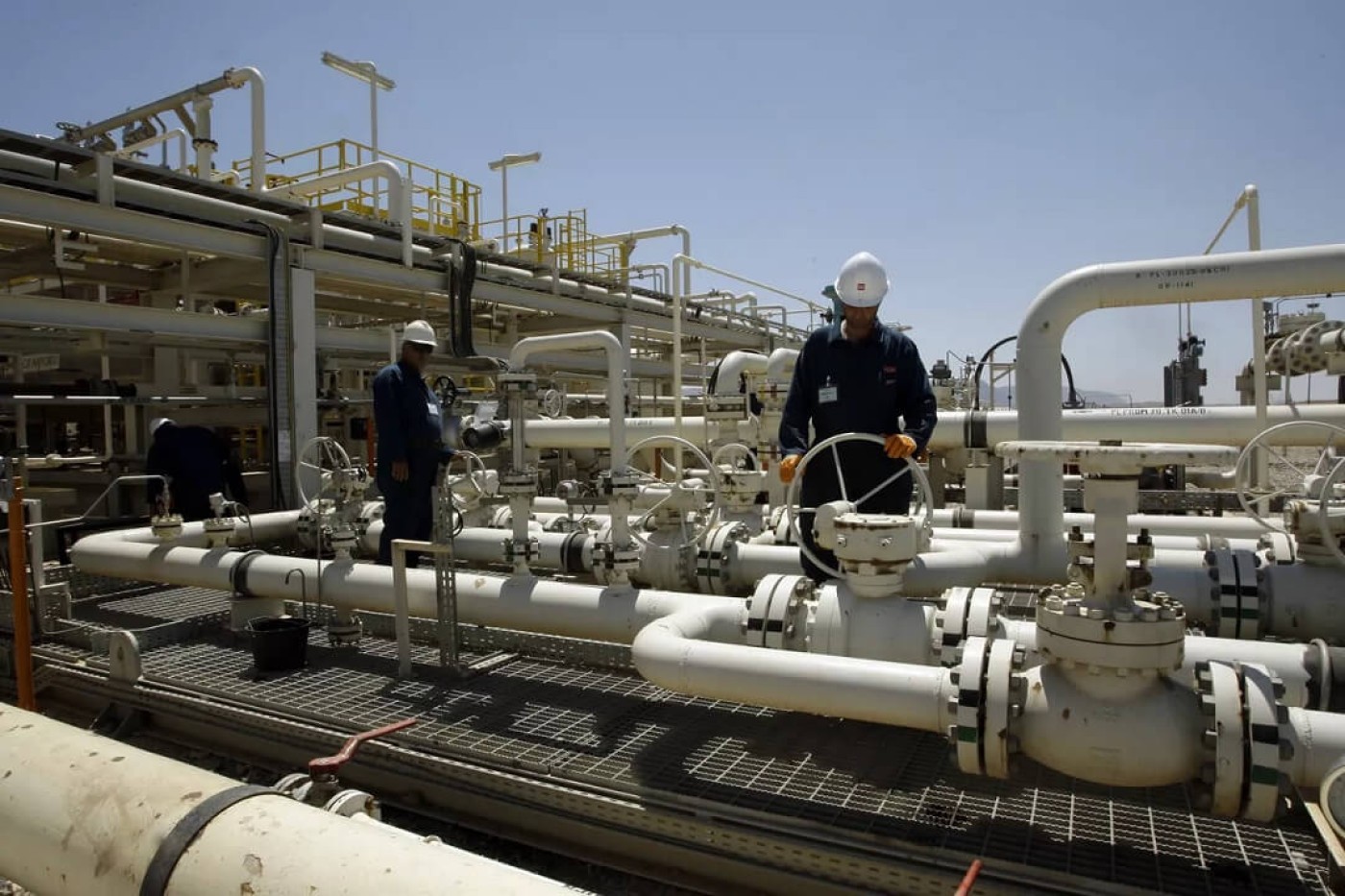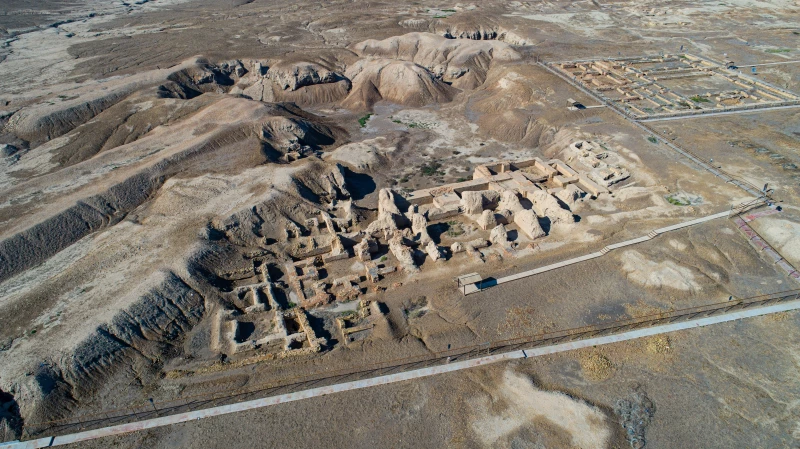The Association of the Petroleum Industry of Kurdistan (APIKUR) on Thursday expressed readiness of its member companies to resume oil exports through the Kurdistan Region of Iraq, following a meeting between Iraqi Prime Minister and the US Assistant Secretary of State for Energy Resources.
In a statement on Thursday, Myles B. Caggins III, spokesperson for APIKUR, emphasized the importance of immediate, cooperative action by all stakeholders to restore exports through the Iraq-Turkey Ceyhan pipeline.
“APIKUR’s member companies remain eager to resolve the export impasse and would welcome an invitation to participate in the process,” he said in a statement published by APIKUR.
APIKUR highlighted the existence of untapped oil production and export capabilities within the Kurdistan Region, saying “as the Iraq Ministry of Oil recently completed two oil field licensing rounds, APIKUR notes there is already underutilized oil production and export capacity from Kurdistan Region that will help Iraq immediately achieve its short-term and long-term export goals.”
APIKUR appreciated Ambassador Geoffrey R. Pyatt's visit to Iraq, seeing it as a crucial indication for leaders in Baghdad and Erbil to uphold their commitment to reestablish oil exports via the Iraq-Turkey pipeline.
The meetings between Ambassador Pyatt and Iraqi Prime Minister Mohammed Shia’ al-Sudani, as well as Kurdistan Region Prime Minister Masrour Barzani, build upon previous discussions held in Washington, DC and the Munich Security Conference.
Iraq had won a lawsuit brought before the arbitration body of the International Chamber of Commerce in Paris against Ankara regarding the export of crude oil from the Kurdistan Region through the Turkish port of Ceyhan without recourse to the Iraqi Oil Marketing Company (SOMO).
As a result of the decision, Kurdistan Region's oil exports, which amounted to 480,000 barrels per day, were halted on March 25th last year.
The suspended flows represent only 0.5% of global oil supplies and have not resumed to this day.
About 450,000 barrels per day of crude once flowed through Iraq's northern oil export route via Turkey, and its closure has led to the loss of roughly $11 billion to $12 billion for Iraq, APIKUR estimates.
Reopening oil pipelines, which have been closed for more than a year, was one of the agenda items of Turkish President Erdogan's recent visit to Iraq.
Ankara has been announcing for a long time that it is ready to reopen the oil pipeline. Erbil also states that it is ready on this issue.



 Facebook
Facebook
 LinkedIn
LinkedIn
 Telegram
Telegram
 X
X


